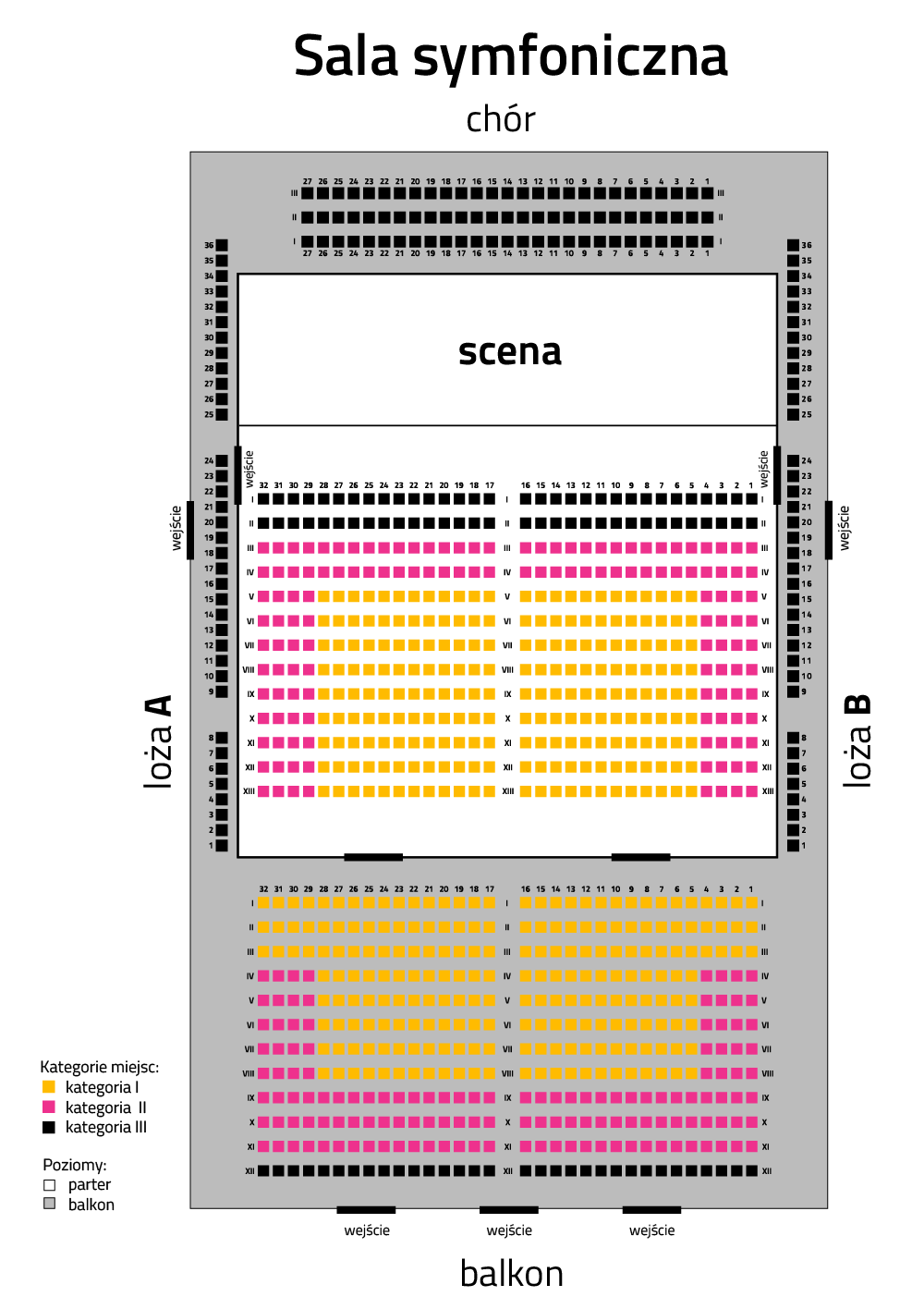It will be a 100%
Mozart evening, but it won't be Viennese Mozart... rather Mozart directly from Manchester. And this thanks to an outstanding orchestra – the
Manchester Camerata, which will visit our golden hall as part of their
Mozart made in Manchester world tour. Manchester Camerata is one of the most recognized chamber orchestras in Europe. Together with
Maestro Gábor Takács-Nagy himself (the chief conductor of the orchestra), and the world-class French pianist
Jean-Efflam Bavouzet enthusiastically applauded by audiences from Sydney to Los Angeles, this renowned orchestra is a guarantee of an unforgettable performance. But you can expect the best, not only from the performers, but also from the program!
Haydn wrote "only" 16 of them, Beethoven – "barely" 5, while Wolfgang Amadeus Mozart (1756-1791) – as many as 27! 27 excellent piano concertos! Although this number may seem impressive, remember that they constitute only 4% of his entire work. During this concert you will hear two of them: the
Piano Concerto No. 12 in A major, K. 414 and
No. 13 in C major, K. 415. These two extremely attractive concertos were written in 1782, just after the composer moved from the then provincial Salzburg to the capital of music – Vienna, where he continued his career as an independent artist. In a letter to his father, Mozart described it as follows:
It is the golden mean between what is too easy and what is too difficult; they are very brilliant, pleasing to the ear and natural (...). There are passages from which connoisseurs will take great satisfaction, but these passages are written in such a way that the less learned will also be delighted, though they will not know why. Mozart's "golden mean" is a way to avoid empty virtuosity as well as exaggerated complexity. These words of the composer convey faith in the impact of music, but also the conviction that it should be a source of artistic experience also for less musically educated listeners or even complete laymen. Mozart wanted his music to hit and speak to everyone. These two beautiful concertos are proof that achieving this goal was not difficult for Mozart. This great music is both enjoyable and refined, transparent and innovative, yet very accessible.
It is no different in the case of the
Divertimento in D major, KV 136, written by the only 16-year-old Wolfi, which will open this special Mozart concert. Divertimentos were at the time of Mozart played mostly outdoors and treated as "light" or "small" symphonies with a much less rigorous form. They were used for entertainment and fun, they were supposed to introduce a ludic and cheerful mood among the listeners.
This evening we will also hear the great
Symphony in C major, KV 425, Linz, written in 1783, one of the most outstanding of all his works. The piece will end our concert. It took Mozart just three days to compose it, but it was in it that he first reached the peak of his symphonic skills. Although he wrote it at such an express pace that it seems impossible, we will not find any traces of haste in the score or in the music itself. Nothing here is casual; everything is wonderfully built, full of delightful details and great ingenuity that have become the trademark of this genius composer.

